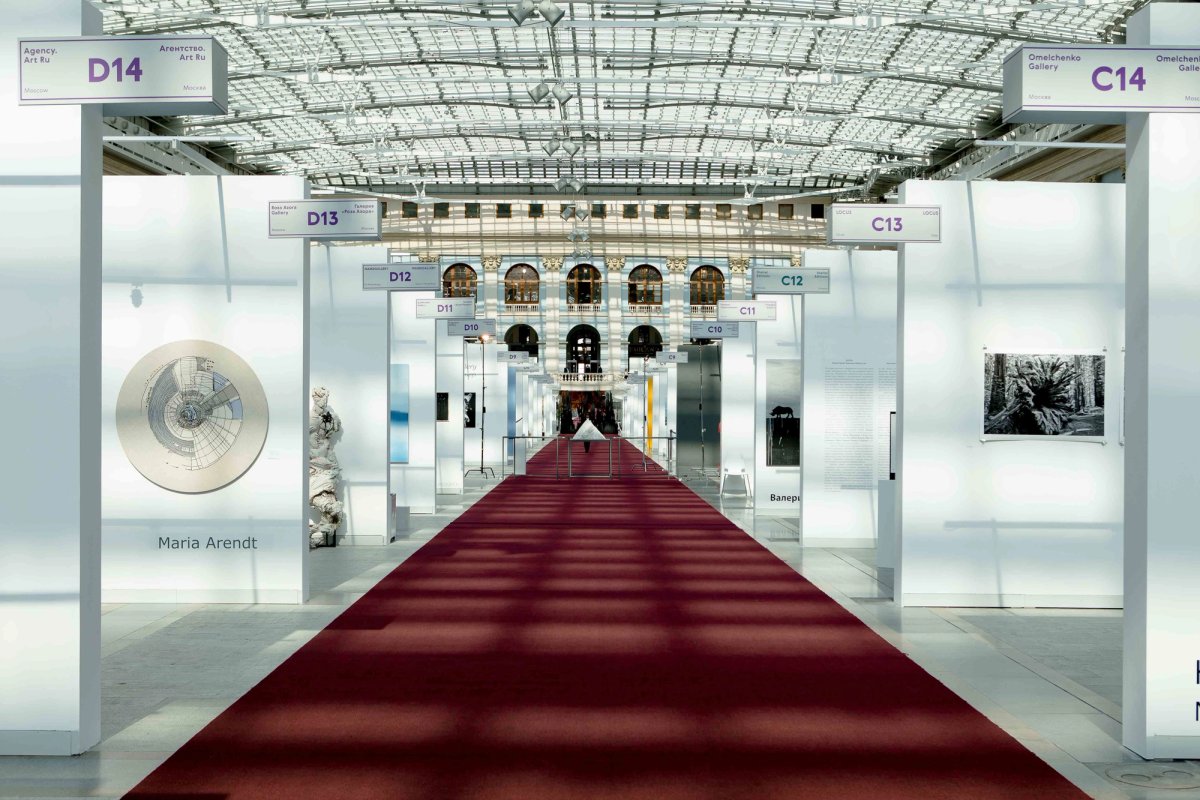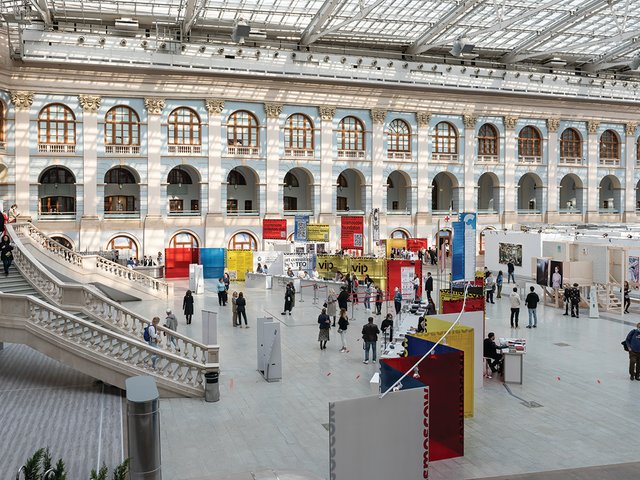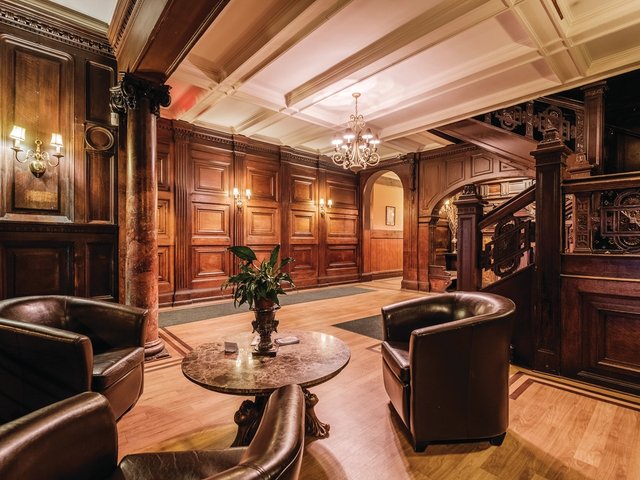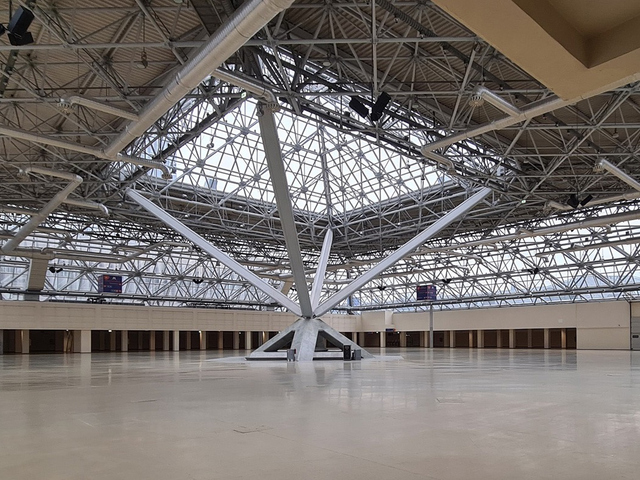The eighth Cosmoscow International Contemporary Art Fair (11 to 13 September) will be the “first classic ‘Messe’ model fair to be taking place in the fall season” since Covid-19 upended the world, according to the fair's art director, Simon Rees.
Margarita Pushkina, Cosmoscow’s founder and director, says the “decision to hold the fair offline was not easy or clear-cut for us,” though it was a choice simplified by the fact that the event is geared first and foremost towards developing the Russian art market, rather than looking to an international audience.
Russian government Covid-19 guidelines now allow cultural events to go ahead and authorities have given permission to hold Cosmoscow in the Gostiny Dvor near Red Square, as long as safety measures are observed—tickets will be timed and only sold online, opening hours will be extended, masks and gloves will be mandatory and the venue will be disinfected regularly. Online viewing rooms will also be available for those who cannot or choose not to attend in person.
Speaking to The Art Newspaper in mid-August, Rees (who lives in Europe) was hoping to take a flight to Moscow from Vienna on 2 September, but he did not know whether it would actually fly, nor if he would be permitted to enter Russia as a “foreign expert.”
“It has been stressful because of the uncertainty involved with the organising of the fair,” he says. Quarantine and visa regimes are still up in the air despite earlier optimistic announcements made by Russian government officials—and relayed in Cosmoscow communications—stating that travel from Europe would resume in August.
“Cosmoscow 2020 has five less international galleries than in 2019, when our aim had been to probably grow participation by five galleries,” Rees says. One Japanese gallery pulled out after Japan announced tightened re-entry quarantine in July, but will participate in the fair’s Online Platform, tailored to what Rees describes as the new “corona-time online reality. So not all is lost.”
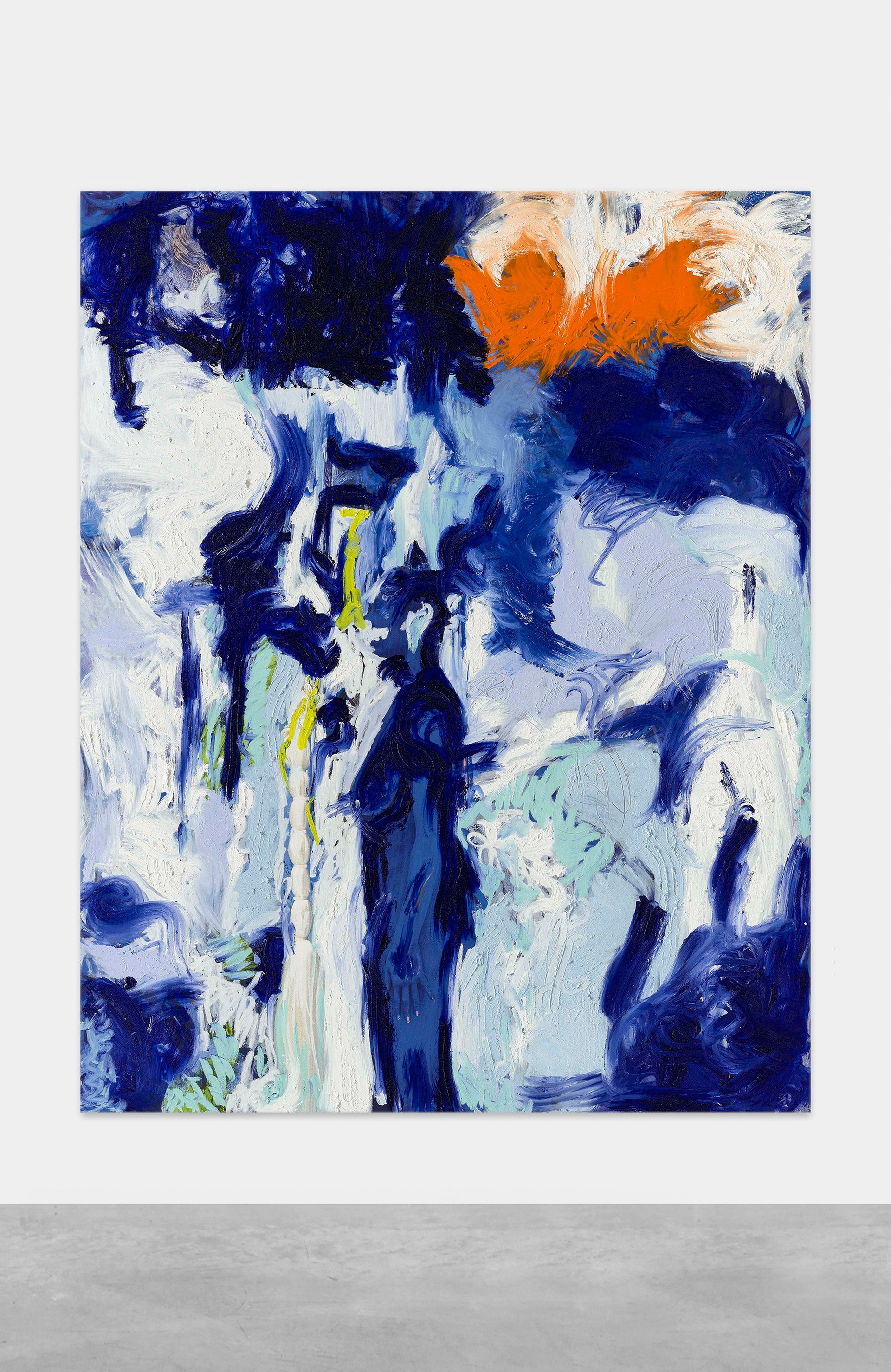
Fire Nest (2020) by Donna Huanca will be on show with Peres Projects Courtesy of Peres Projects, Berlin. Photographer: Matthias Kolb.
Pushkina says the fair’s sponsors “supported us despite a clear understanding that if the situation got worse the fair might not take place at all.” Several new projects have been launched. The Cosmoscow Foundation, which focused on supporting artists during the pandemic, announced together with Audi the Audi Born-Digital Award to support media-artists and digital art in Russia—the jury includes Ben Vickers, chief technology officer at the Serpentine Galleries.
In June, Cosmoscow's partner Cultural Creative Agency, which mediates cultural programs between Russia and Qatar, announced a Rub1.5m competition for Russian artists called Turbulence, entries for which will be on view at the fair.
Cosmoscow’s core local audience, many of whom are regulars on the international art circuit that was aborted this year, will be encouraged “to be dynamic supporters of our galleries and artists this year—to ensure a success,” Rees says.
In May, Cosmoscow presented a Zoom symposium, titled Artistic Cosmologies, in collaboration with Berlin's New Center for Research & Practice, addressing artistic creation in isolation. The centre’s co-founder and director, Mohammad Salemy, the curator of Cosmoscow Foundation’s Off White charity auction, is expected in Moscow for Cosmoscow Talks, which will include a number of international speakers by video link to further reflect on the topic.
“The word is that many of the galleries will be presenting works fresh from artists’ studios: made during these months of isolation,” Rees says. “Many artists have been especially productive and creative in the last six months: and I am looking forward to seeing the results.”


